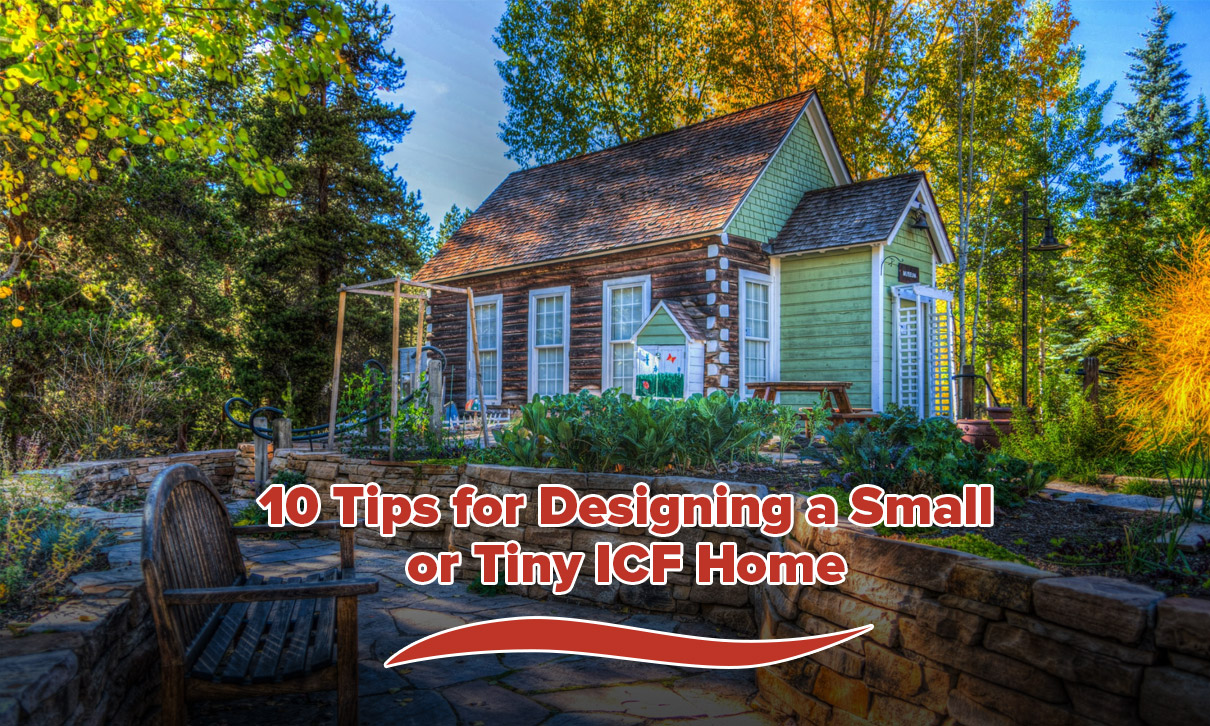
From Efficiency to Durability: The Many Benefits of ICF Construction

Architectural Design Solutions: Using ICFs for Stylish Structures

Structural Insulated Panels (SIPs) Vs. Insulated Concrete Forms (ICFs)

10 Tips for Designing a Small or Tiny ICF Home

5 Common Misconceptions About ICF Construction
ICF construction creates modern structures that are energy-efficient, durable, disaster-resistant, and have good indoor environmental quality (IEQ). ICF construction is also strong, flexible, fast and easy to install. Unfortunately, even with these many benefits, some architects and contractors are reluctant to utilize it due to misconceptions about ICF construction.

How to Get Energy-Efficient Walls with Insulated Concrete Forms

Exterior Foundation Covering Ideas and Designs
A beautifully finished foundation adds more than curb appeal — it protects your home from environmental damage and enhances energy efficiency. Modern homeowners and builders can choose from a variety of exterior covering ideas, from timeless options like brick and stone veneer applied to advanced solutions like Insulated Concrete Forms (ICFs).

Embodied Carbon vs Operational Carbon: The ICF Advantage for Operational Carbon Buildings
The environmental impact of buildings is a key concern in modern construction, focusing on reducing carbon emissions. A clear understanding of embodied and operational carbon, along with their differences, is essential for sustainable construction strategies.

HERS Index vs Energy Star
Energy efficiency in homes is vital for both economic and environmental reasons, which is why builders have robust tools like the HERS Index and Energy Star ratings to gauge and improve the energy performance of buildings.